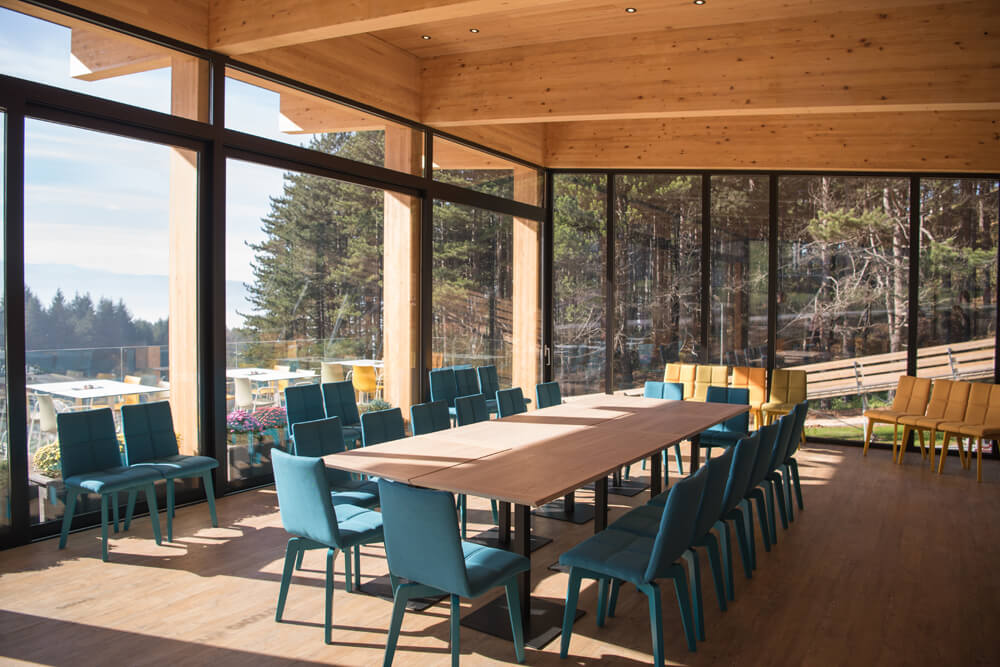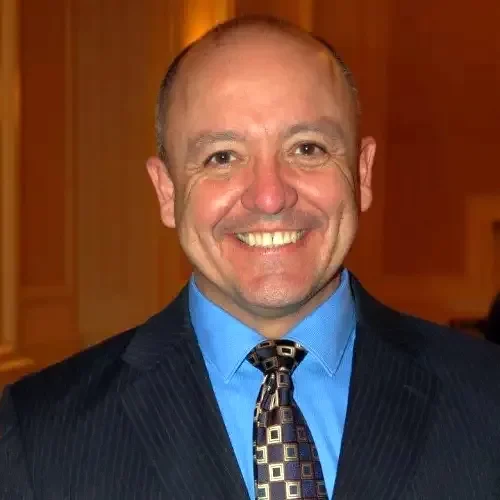Imagine Productive Meetings

Should the Agenda Pose Questions Instead of Topics?

One of my responsibilities as a Training Bureau Sergeant for the Los Angeles County Sheriff’s Department is instructor development. We offer classes to those who want to become better at the craft of instructing adults. Police officers and deputies may not be the easiest set of students to teach, but we owe it to them to provide quality courses and training. During the instructor development classes, I challenge each of my students to practice the art of teaching everyday if possible. One interaction that is commonly overlooked as an opportunity to teach is during the many meetings that we attend.
Meetings provide us the prospect to lead, interact, manage, and teach.
Imagine the last meeting where you were completely disengaged. What was the reasoning for your disengagement? How could the meeting have gone better? There is a strategy for making meetings a much more engaging experience whether you are conducting the meeting, or you are simply an attendee. Let’s look at the different roles and potential strategies for creating an atmosphere of successful engagement.
Meeting Organizer
We have been placed in this position many times. I had a Bureau meeting where I was to address uses-of-force, civil suits, and citizen complaints with our deputies and their supervisors. I was not the only person to speak at the meeting, but I joked with my supervisors that I got the short straw when it came to the topics to be presented. Understanding that the topics could easily result in our approximately 150 attendees tuning out, I decided to present the topics in a manner which would be relatable.

I could have easily “told” each person attending the meeting why documentation of force incidents was critical, the mitigation of civil suits was needed, and the reduction of citizen complaints was desired. However, my approach was to pose the topics in terms of questions which would walk them down the intended path of understanding. My strategy was to have them discover that the skill sets needed to address each topic were also the skill sets needed to become effective detectives, investigators, and supervisors. Each of these were positions that most were hoping to attain in the future. In short, they were relevant skill sets.
When uses-of-force documentation was discussed, I had a series of questions to ask. The questions would get the attendees to provide feedback while getting them to think broadly about the topics being discussed. My intent was to tap into the experiences of my personnel to make the concepts relevant. Some of the questions included:
- Are you confident in using force as part of your duties?
- How do you make the determination that force should be used?
- What is the importance of documenting our actions?
- Who can we turn to for guidance?
- How can we make this process better?
- What are the consequences of poor force documentation?
These questions are just a few that were asked. They were the basis for conversations which led attendees to evaluate their perspectives and actions as they relate to force incidents. The discussions which took place validated that they were learning and understanding the meeting topics.
The use-of-force questions were foundational for creating a conversation about civil suits and eventually citizen complaints. My focus was not to present information about them individually, but to discuss them with a series of questions and subsequent discussions which led to understanding.

So how does this process apply to your next meeting? Consider that each meeting is an opportunity to solve a problem. Identify what needs to be solved and create a series of questions to address it. If you can get your people to think about a problem, then they can begin to solve it. Create questions which will get your people to think deeply. Challenge them to provide a potential solution if possible. This will let them take ownership of the solution.
The most difficult part of this process will be to think and present topics in the form of questions. Asking versus Telling is a difficult skill-set to master. Effective leaders and managers use this well intended process to guide their people in the direction needed for the benefit of the team and organization. It is not a gimmick, but a useful tool for the purpose of doing good. Practice it daily.
Meeting Attendee
Now let’s assume that I attended a meeting addressing uses-of-force, civil suits, and citizen complaints. The meeting is being conducted in a “tell” fashion where we are being told what to know about these topics. A similar set of questions can be asked of the person conducting the meeting.
- Are you confident in our uses-of-force as we conduct our duties?
- What are the considerations when we determine that force should be used?
- What are the important aspects of documenting our actions?
- Who can we turn to for guidance?
- How can we make this process better?
- What are the consequences of poor force documentation?

Each of the questions are the basis for discussion and problem solving. Many times, people believe that their attendance at a meeting is their sole responsibility. If the meeting is looked upon as an opportunity to problem solve, then engaging questions must be asked by all.
How do we put this into practice? Identify the meetings that you will be attending this week. Whether it’s your meeting or one you must attend, look at the agenda and develop questions which lead people down the path of thinking, learning, and problem solving. Having successful meetings is a joint venture. Do your part and contribute to success.

Al Cobos
Al Cobos is the owner and lead consultant for Dychelon which improves team performance and promotes successful team building. Al has successfully built teams over the past two decades. He has over thirty years of public sector experience in addition to teaching for several universities. His focus is to improve people in their personal and professional lives.